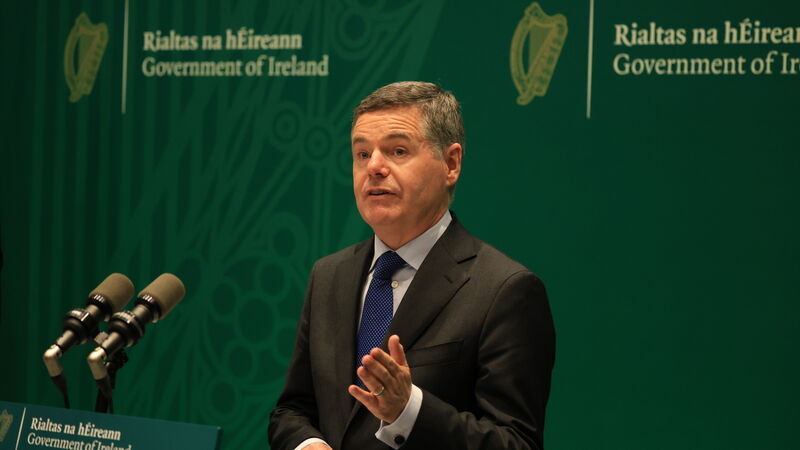Exchequer Returns: Fall in corporation tax drags down August tax receipts by over 17%

The Department of Finance cited an 'exceptionally strong August return' in 2024 as the reason for the significant decline in corporation tax receipts last month. Picture: Stephen Collins /Collins Photos
Corporation tax receipts fell by nearly 43% last month with the Department of Finance saying the reason for the drop-off is that it is being compared to an “exceptionally strong August return” in 2024.
According to the latest Exchequer returns, the Exchequer took in close to €6.2bn in tax receipts during August - down 17.2% from €7.4bn taken in during the same month last year. This was largely due to a €1.6bn drop in corporation tax receipts to €2.1bn.











